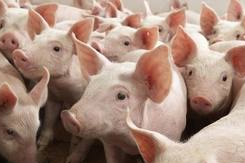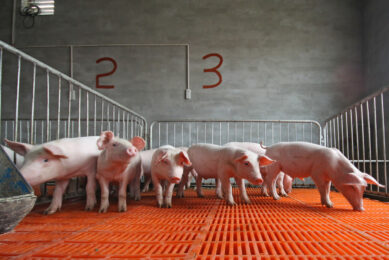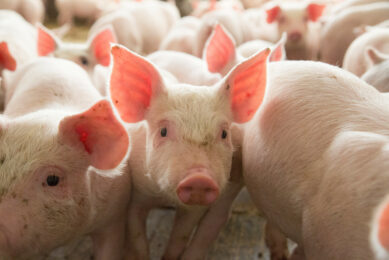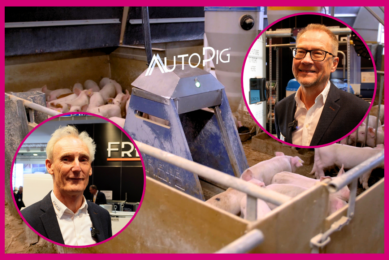Australia: Pork industry embraces on-farm biogas energy

Australia’s pork industry has embraced the benefits of on-farm biogas energy. According to Rob Wilson, Leader of CRC for High Integrity Australian Pork (Pork CRC) ‘Carbon conscious nutrient inputs and outputs’ Program, biogas energy suits the Australian pork industry because pork manure offers a high yield to biogas and significant heat is needed on-farm at piggeries.
Biogas is being used at Australian piggeries for direct heating via hot water, or for combined heat and power, with on-site use and/or grid exports of excess power.
About 8% of Australia’s national pork production is harvesting biogas, with a further 2% or so under construction and 10pc in various stages of planning and development. More than 30pc is likely to be using biogas energy by 2020.
According to Dr Wilson, the most popular biogas systems have been unheated conventional covered lagoons, because of their relatively low cost, simplicity and low operator input requirements.
“Also, space is not so restricted, with piggeries highly dispersed and our prevailing warm climate leading to relatively modest seasonal fluctuations in biogas flow.”
To drive biogas uptake at Australian and New Zealand piggeries, Pork CRC funds the Bioenergy Support Program (BSP), led by Dr Stephan Tait at the Advanced Water Management Centre, University of Queensland.
The BSP promotes biogas energy, supports pork producers with site-based biogas feasibility assessments, provides technical information and resources to streamline adoption based on case study data from demonstration sites and identifies and promotes targeted research to further benefit the pork industry.
Adoption of biogas has been shown to be economically feasible at many sites, with a significant positive return on investment over 10 years.
Dr Wilson said that life cycle assessments of Australian pork supply chains suggested the majority of greenhouse gas emissions for production are methane emissions from effluent treatment and capturing and using biogas on-site could reduce on-farm emissions by as much as 60-80pc.
“This suggests the industry goal of on-farm emissions of around 1kgCo2-eq per kg pork produced is achievable and that the Australian pork industry has the potential to have the lowest global warming potential of pork production worldwide.
“The future of biogas energy at Australian piggeries looks bright and with the ongoing support of the Bioenergy Support Program through Pork CRC and APL, opportunities are becoming realities across Australia,” Dr Wilson said.











